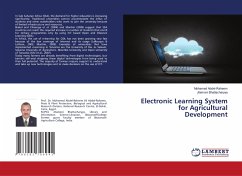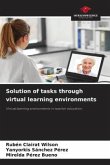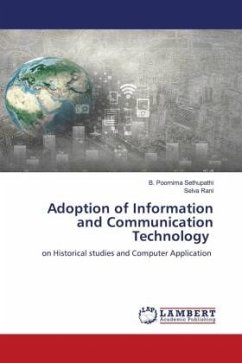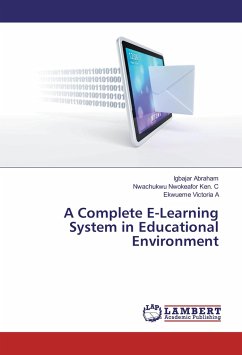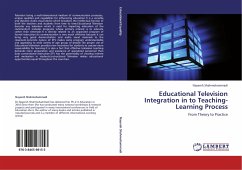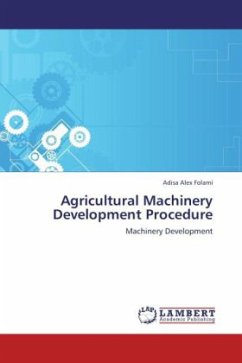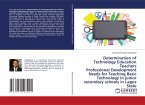In Sub Saharan Africa (SSA), the demand for higher education is increasing significantly. Traditional universities cannot accommodate the influx of students and other stakeholders who want to join the university because of limited infrastructure and resources. Brakel and Chisenga et al. (2004) and Maritim (2009) suggest that SSA countries can reach the required increase in number of students that enroll for tertiary programmes only by using ICT based Open and Distance Learning (ODL). In Africa, the use of e-learning for ODL has not been growing very fast because of the low coverage of Internet and its usage (LaRocque & Latham, 2003; Maritim, 2009). Examples of universities that have implemented e-learning in Tanzania are the University of Dar es Salaam, Sokoine University of Agriculture, Mzumbe University and Open University of Tanzania (Sife et al., 2007).Today many farmers are already benefiting from digital technologies, but barriers still exist stopping these digital technologies from being used to their full potential. The majority of farmers require support to understand and take up new technologies and to make decisions on the use of ICT.

